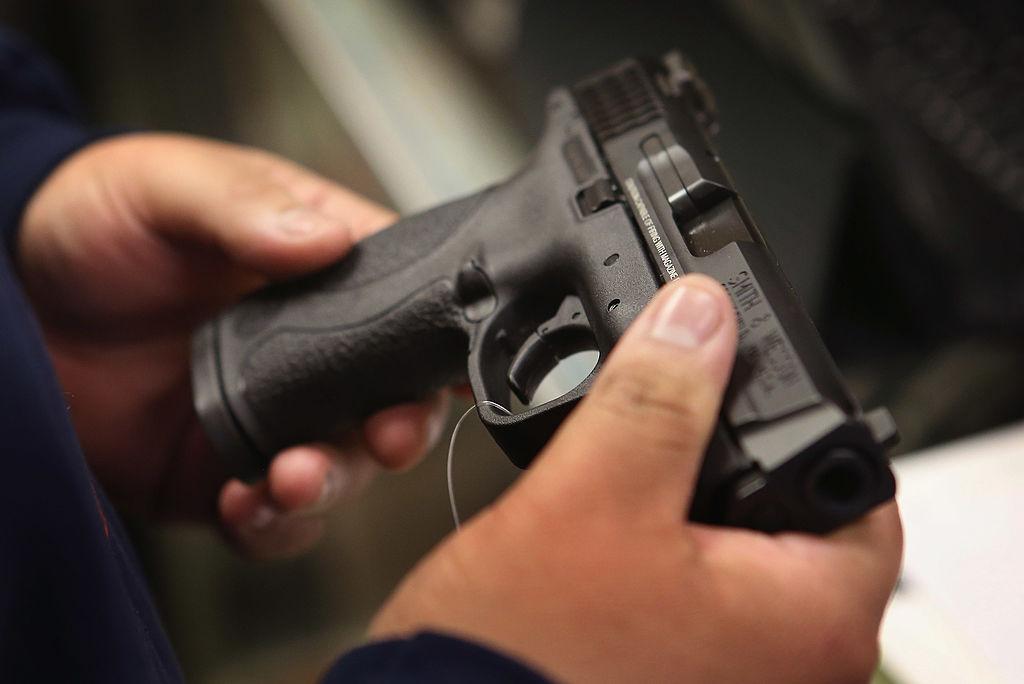The National Rifle Association (NRA) went to a federal appeals court to challenge the legality of a 2018 Florida law that bars residents who are younger than age 21 from buying guns.
The measure was signed into law by then-Gov. Rick Scott following a mass shooting in Parkland’s Marjory Stoneman Douglas High School that left 17 people dead.





